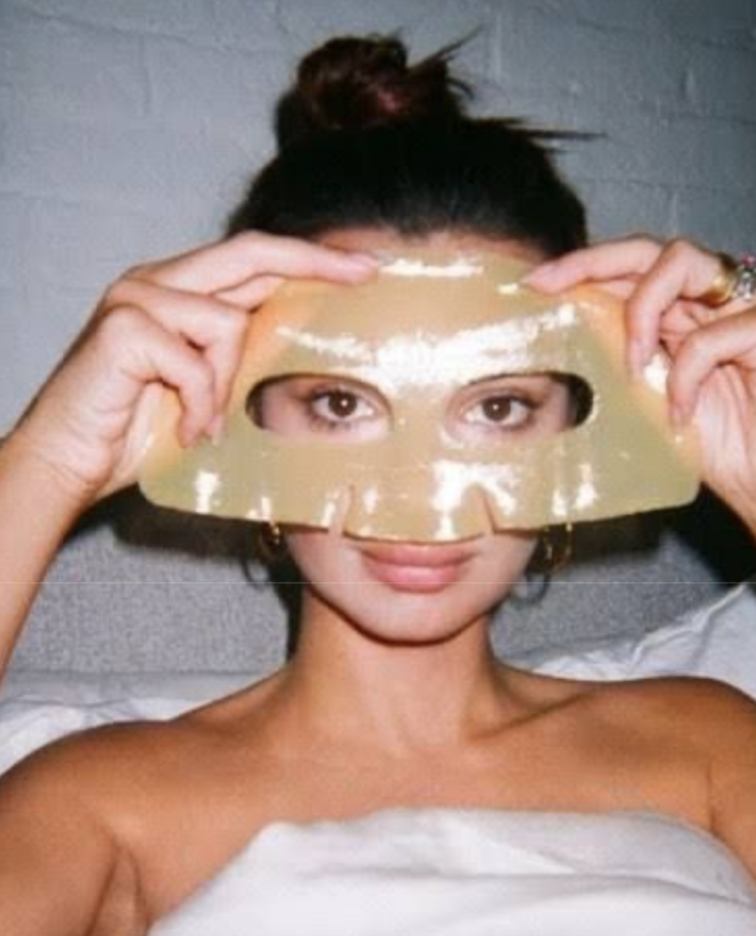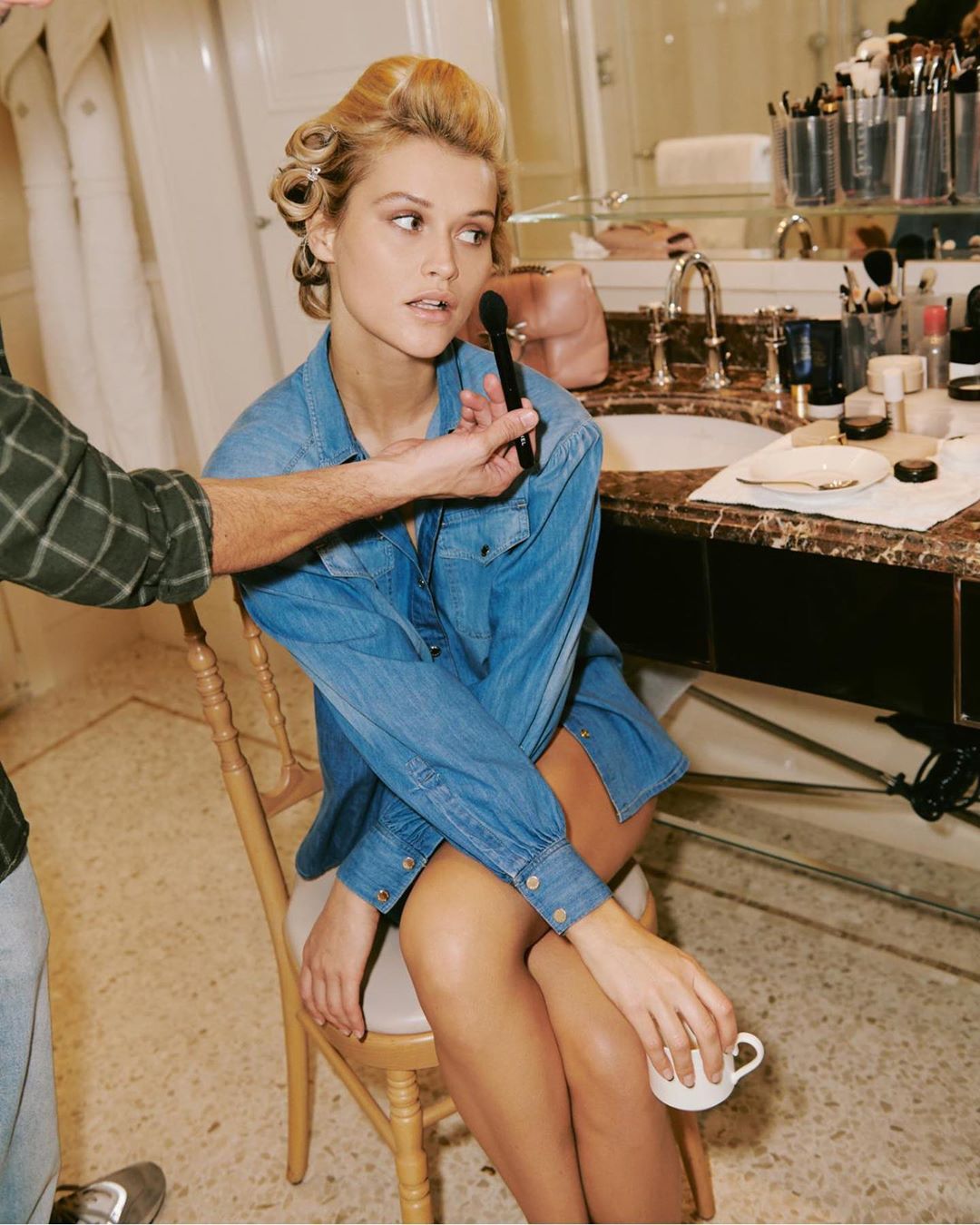



Clean beauty is definitely at the top of its game right now, and at Âmé, we are 100% here for it. But if you’re new to the concept of safer ingredients, it can be complicated—and even dizzying—to know where to start. There are thousands of products and brands on the market, not to mention buzzwords like clean, natural, organic, non-toxic, etc. Does it all mean the same thing? In a short answer, no. Keep reading for the long answer.
There is a lot of marketing strategy out there to keep up with the competition, so beware of “greenwashing,” which is when brands or companies make unsubstantiated claims to fit into a trend. Companies are not liable for lying by omission, so if doing research on every ingredient seems daunting to you, follow these guidelines.
"Words like “clean” and “organic” may sound like they live in the same family, but it isn’t always true"
Words like “clean” and “organic” may sound like they live in the same family, but it isn’t always true. Clean beauty usually means that the products are free of potential toxins or harmful ingredients, which is obviously a major win. This means no parabens, carcinogens, petroleum or paraffin, animal byproducts, harmful stabilizers or preservatives, EDTA, and fillers. It also means that these products typically endeavor to be eco-friendly, sustainable, and cruelty-free. Best case scenario, your favorite clean brands can promise all of these things.
Before you consider yourself sold on the single word “clean,” beware that it does not necessarily mean “natural,” and thus, not organic. If of-the-earth and holistic is your goal, take note: clean beauty products usually contain some sort of safe synthetics, meaning nature-mimicking compounds that will work the same way as natural ingredients, yet are typically more stable on their own, and more sustainably produced. Which is of course to say we throw no shade to natural ingredients. Mama Earth, we are the biggest fans.
Organic beauty on the other hand, which is also referred to as “natural” beauty, contains pure ingredients, straight from the earth. Because “natural” sounds more acceptable than “synthetic,” synthetics get a bad rap, however, we can still totally have negative reactions like rashes and breakouts to natural ingredients, as many natural compounds react with each other. Also important to note, oftentimes natural products contain essential oils. These are super potent and powerful, and not for everyone’s skin.
The heart of the matter is that neither “clean” nor “organic” deemed products are necessarily more effective or preferential than the other, so it just depends on your inclination, your general skin and body disposition, and your lifestyle. When using any product, it’s always a good idea to do a test patch, but it’s especially smart when giving a natural product a go that has essential oils in it if you don’t know how you react to that specific oil.
Double check to see if there are essential oils hidden in a product’s fragrance. And if the word “fragrance” appears on its own on the label without any disclaimer about the composition of what that entails, then the product is typically not going to be clean nor organic.